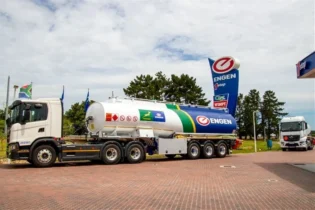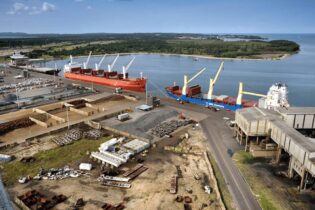Small harbours should be placed under local government jurisdiction
National government is inadequately equipped to deal with the management of the 12 small fishing harbours in the Western Cape. It should cede this responsibility to local government as per Schedule 4 (B) of the Constitution. Small harbour management currently falls under the jurisdiction of the National Departments of Public Works and Fisheries and is failing. The Democratic Alliance (DA) has today submitted a private member’s bill to parliament to propose that legislation be written to give effect to Schedule 4 (B) of the Constitution. There is no legislation currently in existence which regulates the municipal exercise of the Schedule 4 (B) harbour competency. Moreover, legally justified concern exists as to whether the regulations under the Marine Living Resources Act of 1988 that pertain to small harbours are unconstitutional. A 2004 legal opinion in the DA’s possession states that the municipality has the legislative and executive authority over the harbour functions. Therefore, the fact that national government departments are currently performing some of these functions is in conflict with the Constitution because a national performance of the functions exceeds the regulatory competency of section 155 (7). Earlier this year, the DA asked a parliamentary question about whether government has made any progress in restoring sound management to small harbours (given the commissioning of a report in 2007 with very clear recommendations as to how to achieve this). The reply to our question revealed that, five years on, no progress has been made in carrying out the recommendations. The harbours therefore remain dilapidated.The report cost the taxpayer R4.8 million. It was commissioned by the Department of Fisheries in 2007, written by Ernst & Young, and released in 2008, although not to the public. We have the report in our possession and will be making the executive summary available today.
Government’s reply that ‘an inter-departmental Harbours Steering Committee has been established to implement the findings and recommendations of the Harbour Feasibility Study’ is inadequate at best. South Africa’s small harbours, particularly those in the Western Cape, are being wasted as public assets. Five years on from the commissioning of a report on the harbours, the Department of Fisheries and Public Works have made no progress. Economic opportunities are being forgone, deepening the reliance in nearby communities on the trade in poached abalone. Unemployed youth are easily caught in the snare of gangsterism because national government is failing them. Free from the clutches of National Public Works and Fisheries, we expect that the harbours will be employed to achieve their optimal socio-economic potential under their rightful municipal competence. Their flourishing, as part of a broader spatial economic development framework, will produce healthier social capital in communities that are currently being torn apart by the strife associated with avoidable poverty.






